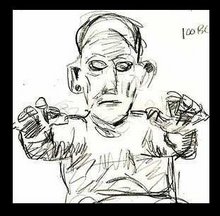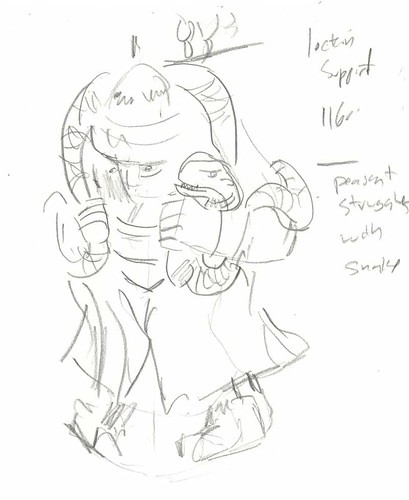Just so I have this reference
At a pivotal meeting of the highest officials in the Reagan
Administration [on June 25, 1984], the President and Vice President
[George H.W. Bush] and their top aides discuss how to sustain the Contra
war in the face of mounting Congressional opposition. The discussion
focuses on asking third countries to fund and maintain the effort,
circumventing Congressional power to curtail the CIA's paramilitary
operations. In a remarkable passage, Secretary of State George P. Shultz
warns the president that White House adviser James Baker has said that
"if we go out and try to get money from third countries, it is an
impeachable offense." But Vice President George Bush argues the
contrary: "How can anyone object to the US encouraging third parties to
provide help to the anti-Sandinistas…? The only problem that might come
up is if the United States were to promise to give these third parties
something in return so that some people could interpret this as some
kind of exchange." Later, Bush participated in arranging a quid pro quo
deal with Honduras in which the U.S. did provide substantial overt and
covert aid to the Honduran military in return for Honduran support of
the Contra war effort.
The Iran arms-for-hostage-deal was also illegal--or so Defense
Secretary Caspar Weinberger thought. At a December 7, 1985 White House
meeting, Weinberger argued the Iran missile deal was wrong and criminal,
according to his notes
of the session. Weinberger pointed out to Reagan that selling missiles
to Iran would violate a U.S. embargo on arms sales to Iran and that even
the president of the United States could not break this law. Nor,
Weinberger added, would it be legal to use Israel as a cutout, as was
under consideration. Both Secretary of State George Shultz and White
House chief of staff Donald Regan, who were each present, agreed that a
secret weapons deal with Iran would be against the law. Reagan, though,
insisted on proceeding, noting he could answer a charge of illegality
but not the charge that he had "passed up a chance to free hostages."
Weinberger then quipped, "Visiting hours are Thursdays"--meaning the
deal could land someone in jail. After the meeting, Regan told
Weinberger he would try to talk Reagan out of the deal. He failed to do
so.
http://www.thenation.com/blog/156284/irancontra-20-years-later-and-what-it-means#
http://www2.gwu.edu/~nsarchiv/NSAEBB/NSAEBB210/index.htm
5/10/2014
Subscribe to:
Post Comments (Atom)



No comments:
Post a Comment